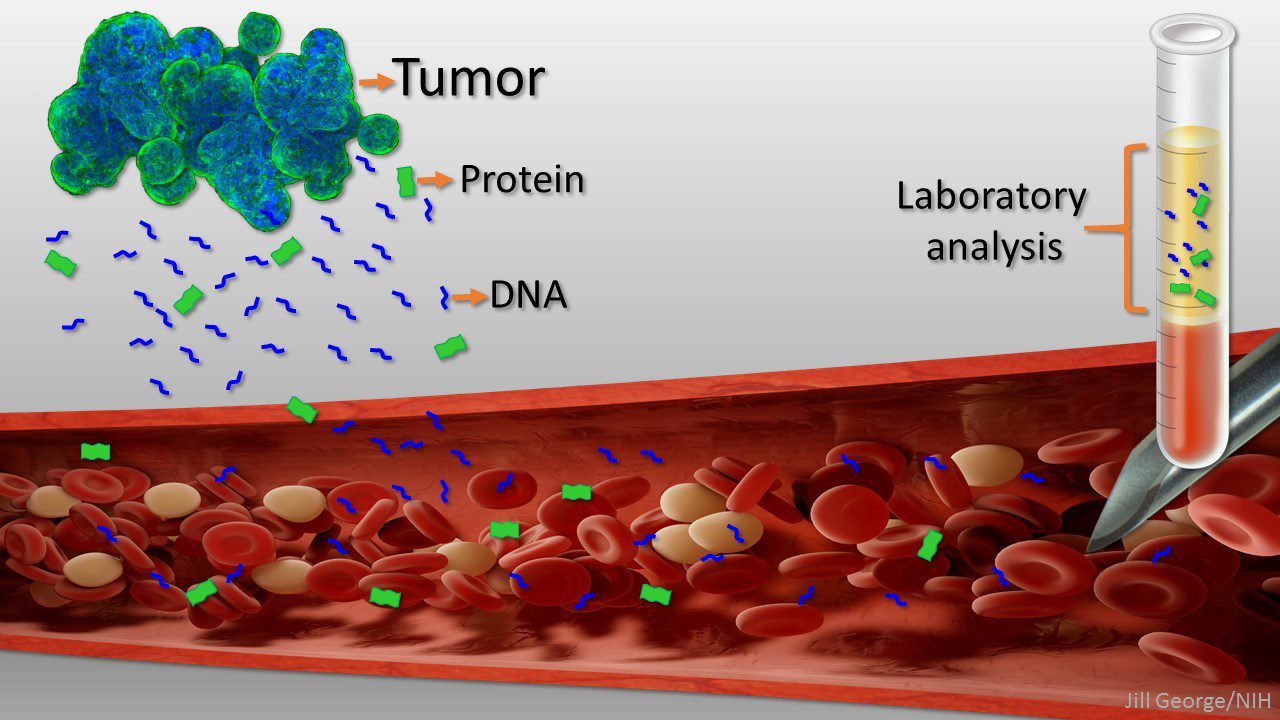Understanding Liquid Biopsies

Understanding Liquid Biopsies
- onco
- May 9, 2021
Understanding Liquid Biopsies
Here already for the future of oncology
A liquid biopsy is a test done on a blood sample to detect whether cancer cells from a tumour are circulating in the blood or to look for pieces of DNA from tumour cells that are moving in the blood. A liquid biopsy can be used to help detect cancer at an early stage and may also be used to plan treatment or to find out how successfully the treatment is working or if the cancer returns. After taking multiple samples of blood over a period of time doctors may better understand what type of molecular changes are taking place in a tumour.
Over the last decade, the idea of precision medicine has changed dramatically and renewed medical oncology; the use of patient-tailored therapies has also greatly improved all measurable outcomes of the best cancer treatment available. Liquid biopsy is a revolutionary technique that has unlocked hitherto unexpected perspectives. As explained above, it detects and isolates circulating tumour cells, tumour DNA and exosomes, it is also a source of genomic and proteomic information on patients with cancer. A lot of technical difficulties have been overcome because of this newly developed technique and next-generation sequencing analysis. This allows doctors a broad range of applications of liquid biopsy to a wide range of treatments for cancer.
At first only correlated to prognosis, liquid biopsy data is today being studied for cancer diagnosis, including screenings, and most importantly for predicting the response or resistance to treatments. Particularly, identifying the specific mutations in targeted genes can help make better therapeutic decisions, both for the appropriateness of treatment and in the prior identification of secondary resistance, along with early diagnoses for disease progression. Unfortunately application is still far from reality but dedicated research is paving the way for a new era in oncological treatment .
It is also found that liquid biopsies provide a noninvasive approach to tumour molecular profiling without having to extract tumour tissue. The future development of liquid biopsies can have many clinical applications, for people seeking the best cancer treatment. It will allow screening the presence of disease, clear patient case profiling and therapy selection.
For anyone concerned that current methods are inadequate, liquid biopsies may hold the promise of overcoming many drawbacks associated with tissue biopsies, it is likely that the latter will remain the standard for years to come





Leave a Reply